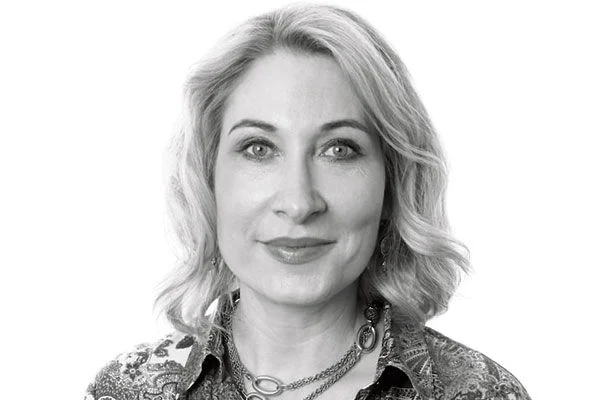Cambridge’s credentials as a nervecentre for mental health research have taken a fresh uptick as university spin-out Psyomics closes in on a major seed funding round and starts to scale.
Psyomics has impressive co-founders in Professor Sabine Bahn and former Horizon Discovery ace Dan Cowell, who is CEO. Barnaby Perks, founding CEO of Ieso, is a non-executive director; Anne Dobree of Cambridge Enterprise is current chair and Martin Glenn of Parkwalk Advisors is a non-executive director.
Professor Bahn previously founded Psynova Neureotech, along with Cambridge University dontrepreneur Professor Chris Lowe, which was a subsidiary of Rules-Based Medicine – acquired for $80 million by Nasdaq-quoted Myriad Genetics Inc in 2011.
With companies such as Ieso Digital and Congenica already powering the UK’s bid for world leadership in mental health digital technologies, the emergence of Psyomics could hardly be better timed.
Approximately one in four people in the UK experience mental health concerns each year. While advances in mental health research are being made, there remain significant barriers to effective detection, treatment and prevention.
Psyomics is looking to overcome these barriers by combining digital approaches with developments in biomarker technology to benefit those facing mental health challenges. The tools currently in development are targeted for both clinical and workplace settings, specifically designed to combat the respective mental health-related challenges faced within these environments.
In the future, the business plans to expand its reach to provide personalised solutions for the wider community, building on what Cowell calls a granular approach to the many and varied problems of mental health.
The company’s work is funded and supported by Cambridge Enterprise, the commercial arm of the university, and a Horizon 2020 grant from the European Commission.
Psyomics also won an innovation contest with IC Tomorrow and AXA PPP to look at mental health awareness and prevention in the workplace, and won the Problem Solution category of the AXA PPP Health Tech & You Awards. It was also awarded a grant from the Technology Strategy Board to further develop its technology for differentiating bipolar disorder from depression.
The new seed round – not quite a Series A, according to Cowell, will give Psyomics ample runway to build on its current 10 headcount and scale engagement with clinicians, including GPs.
Mental Health is the single largest cause of disability in the UK and the wider economic costs in England alone have been estimated at £105.2 billion a year. This includes direct costs of services, lost productivity at work and reduced quality of life.
Working closely with the Cambridge Centre for Neuropsychiatric Research, led by Professor Bahn, the mission is to develop digital tools and, for some challenges, biological tests, that can be used to develop a comprehensive understanding of an individual in complete confidence and then combined with an up-to-date record of scientific research, point the user towards sources of help and support as well as treatment options available.
The team is working on a range of tools for prevention and early detection in the workplace, diagnosis of depression and bipolar in a clinical setting and triage tools to be used in primary care.
Professor Bahn is a practising psychiatrist working with the cash-strapped NHS so can witness and appreciate all sides of the mental health debate. Psyomics is based at the Innovation Centre at Cambridge Science Park, soon to be replaced by a new state-of-the-art hub, and Cowell says the cluster provides the perfect springboard for growth of the business.
“We are still at a relatively early stage – almost in stealth – but have already built an impressive technology suite to ensure earlier and rapid diagnosis of mental health problems and optimum ways of treating them.
“There remains a stigma attached to mental health issues but the fact it is on the public agenda is a major advancement. One of the key challenges is to differentiate between people who are simply feeling low on occasions and those who may have more serious mental health issues but either don’t recognise them as such or feel restrained from seeking treatment.
“Our focus is on working with GPs and other clinicians on earlier diagnosis and to get product to market much more quickly; to more accurately identify problems much earlier so clinicians can deliver timely solutions.
“Dealing with mental health issues is not as clear cut as identifying and dealing with, say, a tumour or a broken leg – conditions that are more visible.
“Our model allows us to differentiate between people who occasionally feel down from those with deep-seated mental health problems; to identify those conditions earlier and to therefore ensure swift diagnosis and treatment. GPs and psychiatrists with whom we are engaged see the benefits of what out technology can bring.”
Cowell says that despite increasing awareness of the problems mental health issues cause to sufferers, their families, businesses and society, this area is still chronically underfunded.
Accuracy and speed of diagnosis of mental health problems is absolutely crucial for clinicians and patients: Psyomics has all the tools end expertise to improve patient outcomes and that, says Cowell, has to be the overarching mission.


